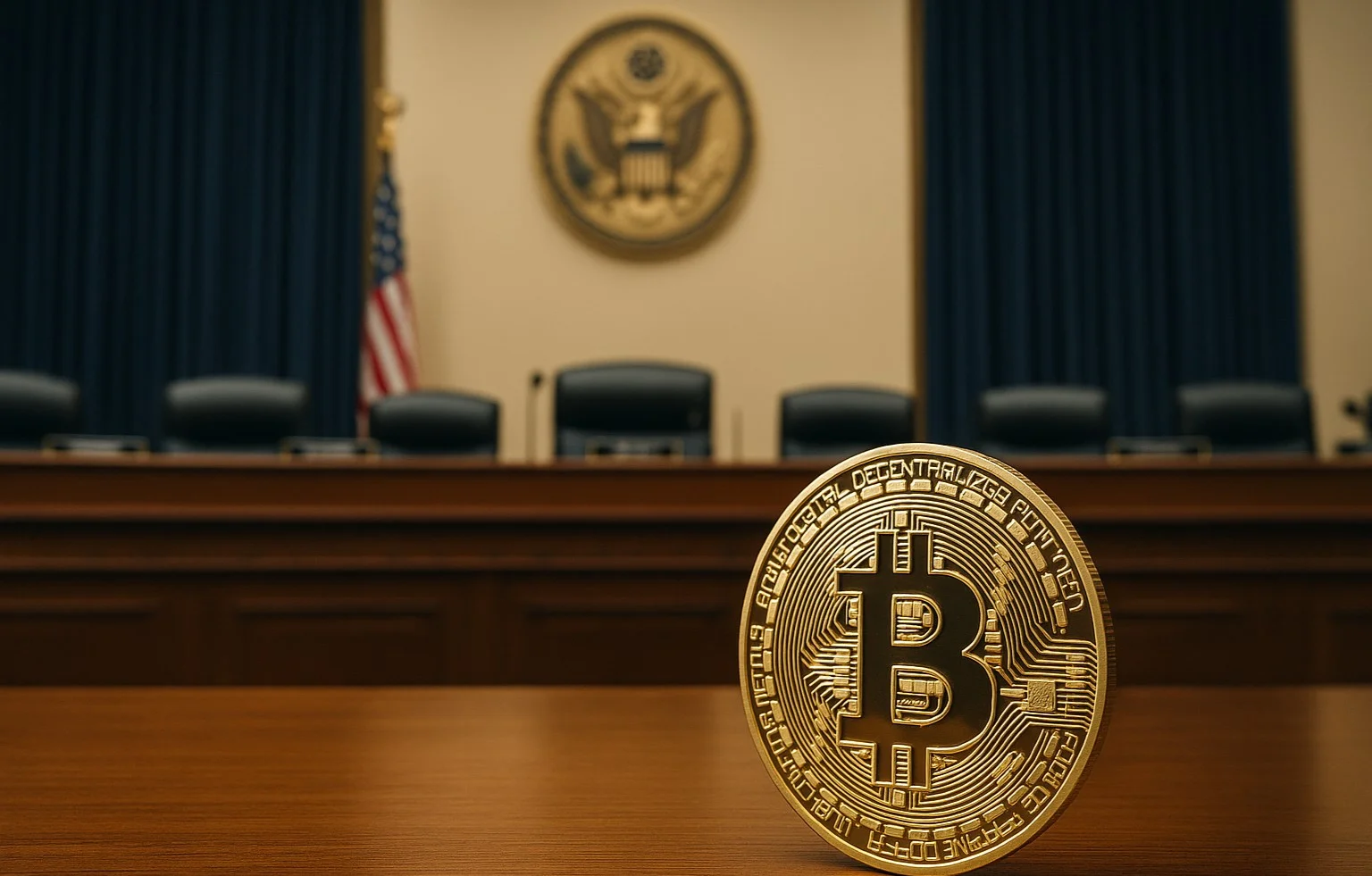The US Congress has turned its course to the cryptocurrency market following President Trump's comprehensive tax and budget package. On Wednesday, July 9, both the House of Representatives' Ways and Means Committee and the Senate's Banking Committee will hold important hearings on cryptocurrencies. On the other hand, "Crypto Week" is approaching. As will be recalled, House Speaker Mike Johnson declared the week of July 14 as "Crypto Week". Within this scope, bills on the structure of digital asset markets and stablecoins will be voted on.
Crypto taxation on the table
The session titled "Making America the Crypto Capital of the World: Ensuring Digital Asset Policy Fit for the 21st Century" to be held by the House of Representatives will attempt to clarify the framework for cryptocurrency tax policies. Although the witness list has not yet been shared with the public, it is expected that important topics that directly concern investors and developers will be discussed in the session. In particular, the taxation and declaration procedures of leading assets such as Bitcoin and Ethereum and stablecoins will be the subject of discussion.
Sector giants to speak in the Senate
The Senate session titled “Building Tomorrow’s Digital Asset Markets” will be attended by familiar names from the sector. Blockchain Association CEO Summer Mersinger, Chainalysis CEO Jonathan Levin, Paradigm partner Dan Robinson and Ripple CEO Brad Garlinghouse will answer questions from Senate members. The Senate will address liquidity systems, custody solutions and the reserve structure of stablecoins in this session. It is aimed to clarify regulatory uncertainties that may especially interest institutional investors.
CLARITY and GENIUS laws to be voted on
Beyond July 9, July 14 is also eagerly awaited in the crypto field. Because on this date, two important bills will be voted on in the House of Representatives as part of Crypto Week: CLARITY Act and GENIUS Act. The CLARITY Act aims to determine which crypto assets are subject to which regulator by making a clear division of duties between the SEC and CFTC. This law could pave the way for large banks and institutional investors to enter the crypto market more strongly.
The GENIUS Act provides a legal framework for stablecoins. This law, which passed the Senate in June, introduces regulations regarding the issuance and trading of stablecoins. If the bill is approved by the House of Representatives, banks, fintech companies and large retailers will be able to start offering stablecoin services. However, the fact that the bill was submitted to a direct vote by skipping the committee stages has drawn criticism from some segments.
Although both bills initially received bipartisan support, they later faced serious objections from Democrats. The main reason for this was Trump and his family's close ties to various crypto projects and stablecoin initiatives. Democrats proposed amendments that would prohibit presidential candidates from making private crypto investments. However, these proposals were rejected by the committees, which are mostly Republicans.




